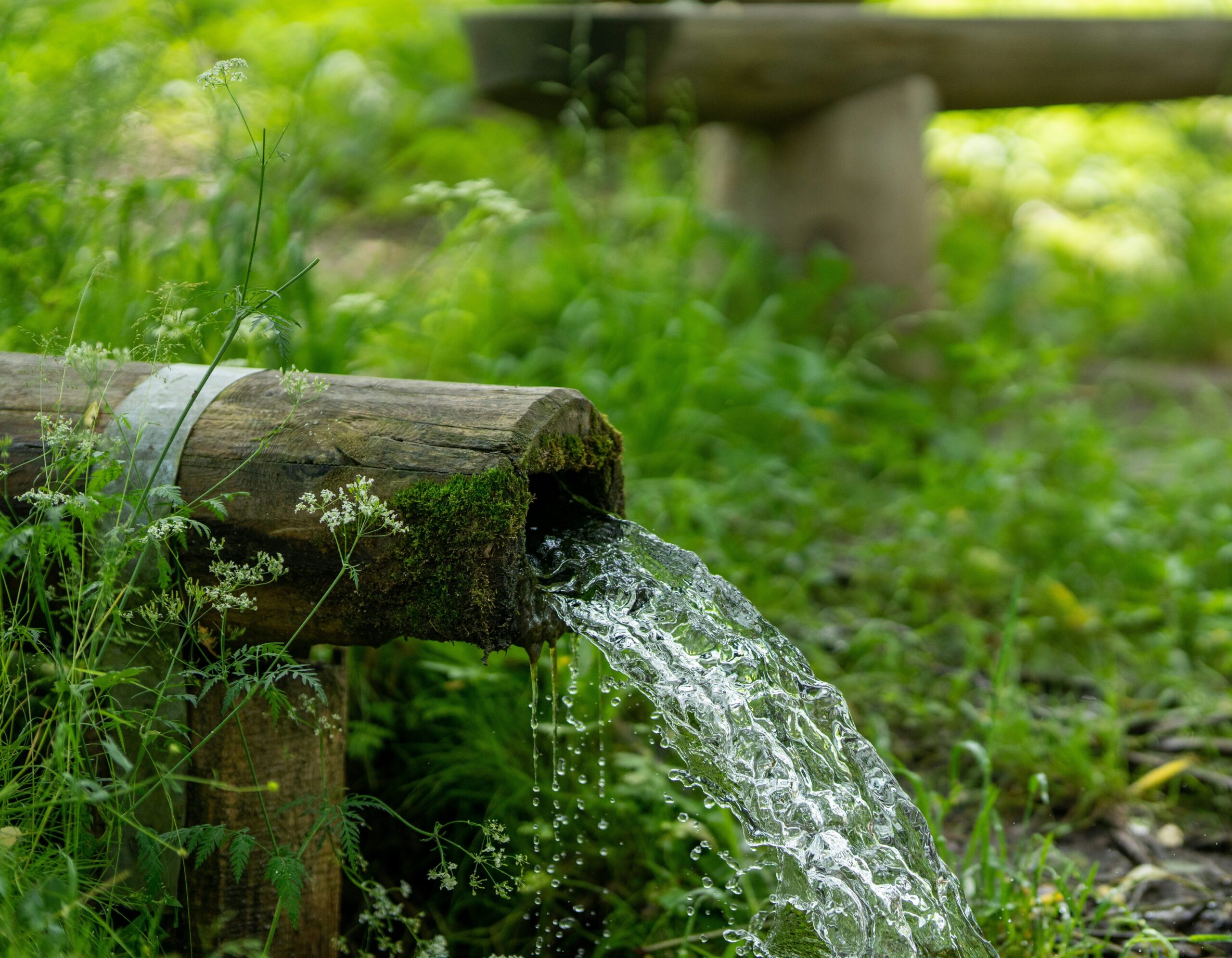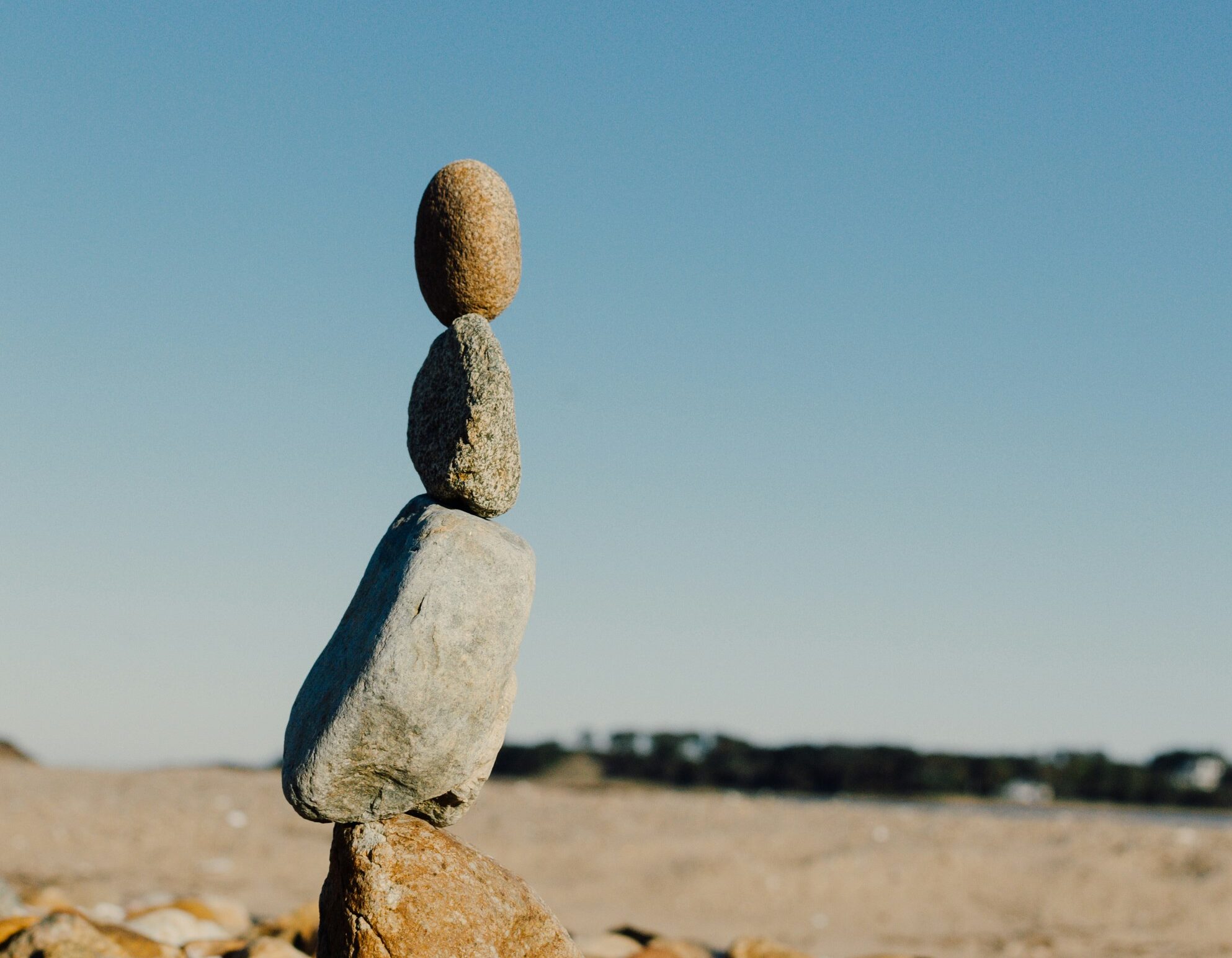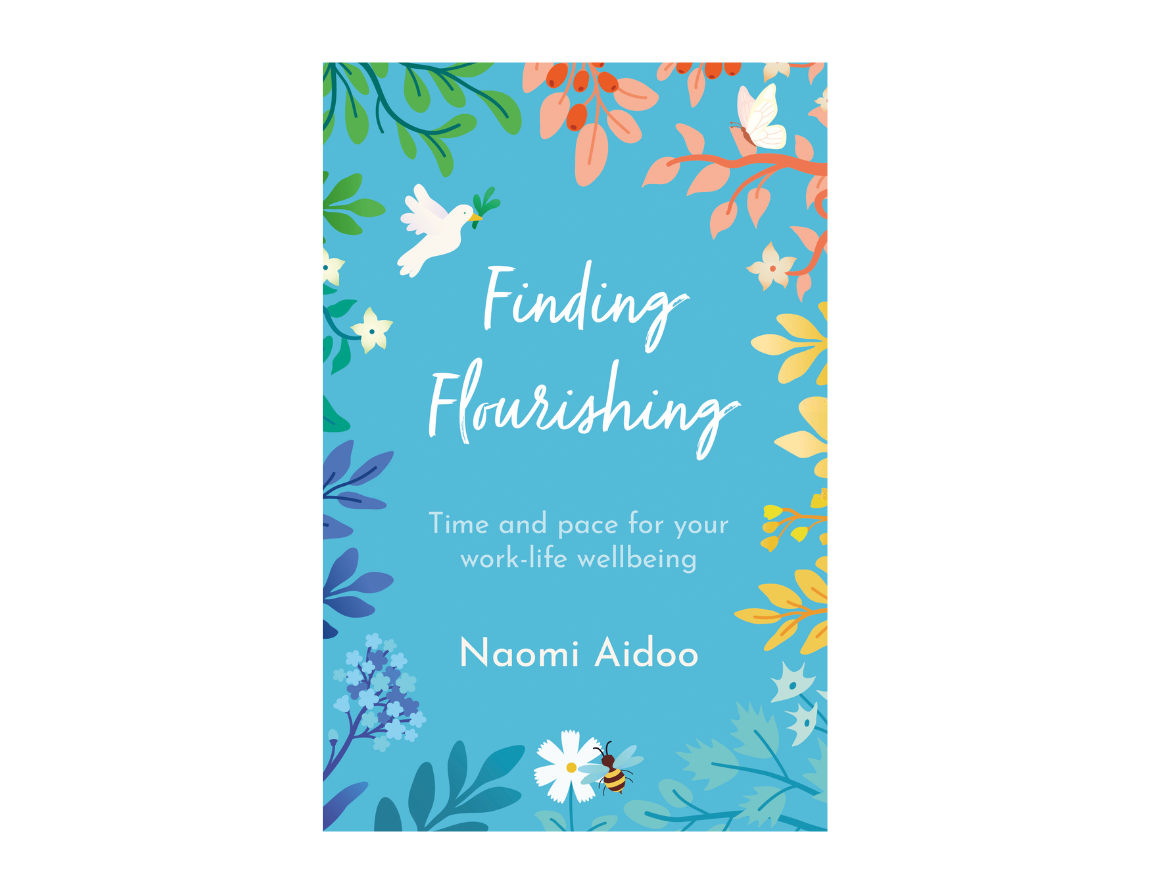Finding Flourishing is a fresh and biblical take on the popular theme of wellbeing by BRF Ministries’ exciting new author, Naomi Aidoo. The book is publishing on 19 July, and this is the first of two edited extracts.
7 July 2024
What is wellbeing?
Wellbeing can be defined as a state of being comfortable, healthy or happy. The broad nature of this definition leaves a lot of room for interpretation, and rightly so. One person’s comfort might look different to another’s and each individual needs different types of care and support in order to truly thrive.
This is why wellbeing isn’t something we can just add to our to-do list, as though we can simply tick a box to show that we’ve meditated for the ten minutes we were supposed to today. I don’t believe it’s somewhere we arrive and stay at; rather it’s somewhere we’re continually re-seeking as our external circumstances shift and change. While our circumstances aren’t the be all and end all for wellbeing, how we’re currently experiencing life is often a significant factor in the outlook we possess at any given point, and it’s important to continue to make enquiries there. Indeed, we must look inward in order to avoid plastering toxic productivity or positivity over something much more than skin deep.

We must look inward in order to avoid plastering toxic productivity or positivity over something much more than skin deep.
Wellbeing over well-balanced?
Both in and outside of the wellbeing arena, we hear the phrase ‘work–life balance’. While I understand the sentiment, as a busy working mum of two, I don’t think ‘balance’ truly exists for a lot of people, and the apparent lack of it in our often full-to-the-brim lives can cause us to feel guilty or to think that we’re doing something wrong by not obtaining it.
Now, before you think that Finding Flourishing is all about how working hard is evil and that we should all just chill out a bit and leave our email ‘out of office’ message permanently on, that’s not what I mean. In fact, this is part of the reason that I think the notion of work–life balance is impractical. It suggests that all of the plates should be perfectly and simultaneously spinning and that dropping any one of them at any given point means you’ve failed.
So no, I don’t hold to the popular belief that it is a problem if someone wants to ‘burn the midnight oil’ for a few weeks in a row while working on a busy project. I think it’s counterproductive to force someone to ‘just stop’ while they’re in the midst of some major work.
If work–life balance exists, I think it comes in waves which last weeks and months, even years; it’s not something you have to ensure you have every day. Let’s not make our day-to-day lives clinical, robotic and full of ‘should’. Instead, let’s remind ourselves that we’re human beings and not human doings.

I don’t think ‘balance’ truly exists for a lot of people, and the apparent lack of it in our often full-to-the-brim lives can cause us to feel guilty or to think that we’re doing something wrong.
Faith focus
As a Christian, I firmly believe that God has a lot to say about wellbeing, both generally and for each of us specifically. He cares about human flourishing. For one reason or another, wellbeing isn’t something which is often spoken about at church, and this in itself can cause people, at best, to question whether it’s a topic God has any interest in. At worst, it can cause us to believe that God is actually against us thinking about wellbeing at all. When a theme or a topic is commonly coined as ‘personal development’ or ‘self-help’, it can instantaneously be incorrectly thought that God wants nothing to do with it.
But if, as I believe, wellbeing has much more to do with our source than our circumstances, it would be irresponsible of me to include methods, hacks and frameworks here while leaving no room for God’s perspective. I’ve been interested in wellbeing generally for a long time, and for most of this duration I’ve specifically found myself thinking about it through a faith perspective. I’ve been particularly inspired by the story of the woman at the well in John 4:1–42.

I firmly believe that God has a lot to say about wellbeing. He cares about human flourishing.
The woman at the well
The story opens with Jesus on a journey, and verse 4 indicates that he ‘had to go through Samaria’. Although geographically this was the logical route to take, strict Jews wouldn’t take it in order to avoid defilement from the Samaritans. In the story, an unnamed Samaritan woman happens to be drawing water from a well at the hottest point of the day; she was guaranteed some privacy as no one else would be drawing water at this time, preferring the cooler morning or evening shift. This way, she could avoid the judgemental stares. As we head back to this ‘had to’ phrase, it begins to tell us so beautifully that Jesus meets us where we’re at. He could have taken the longer but more ‘appropriate’ route to Galilee, but he ‘had to’ meet this woman.
The story goes on to illustrate so clearly that Jesus knows and sees every aspect of our lives, even the parts we’re ashamed of. This woman had been leading a promiscuous life. However, rather than drawing attention to this and shaming her for her circumstances, Jesus gently steers and guides her into realising that her source – perhaps a need for affirmation and affection – wasn’t the right place to keep going to. He awakens her to the fact that true life is in him. He uses the metaphor of drawing water from the well by describing himself, and indeed, the Holy Spirit to come, as ‘living water’, a source which will never run dry. As he did with this woman, when Jesus reminds us of the significance of our source, putting our trust in him as opposed to our circumstances, it causes us to think and therefore do differently.


